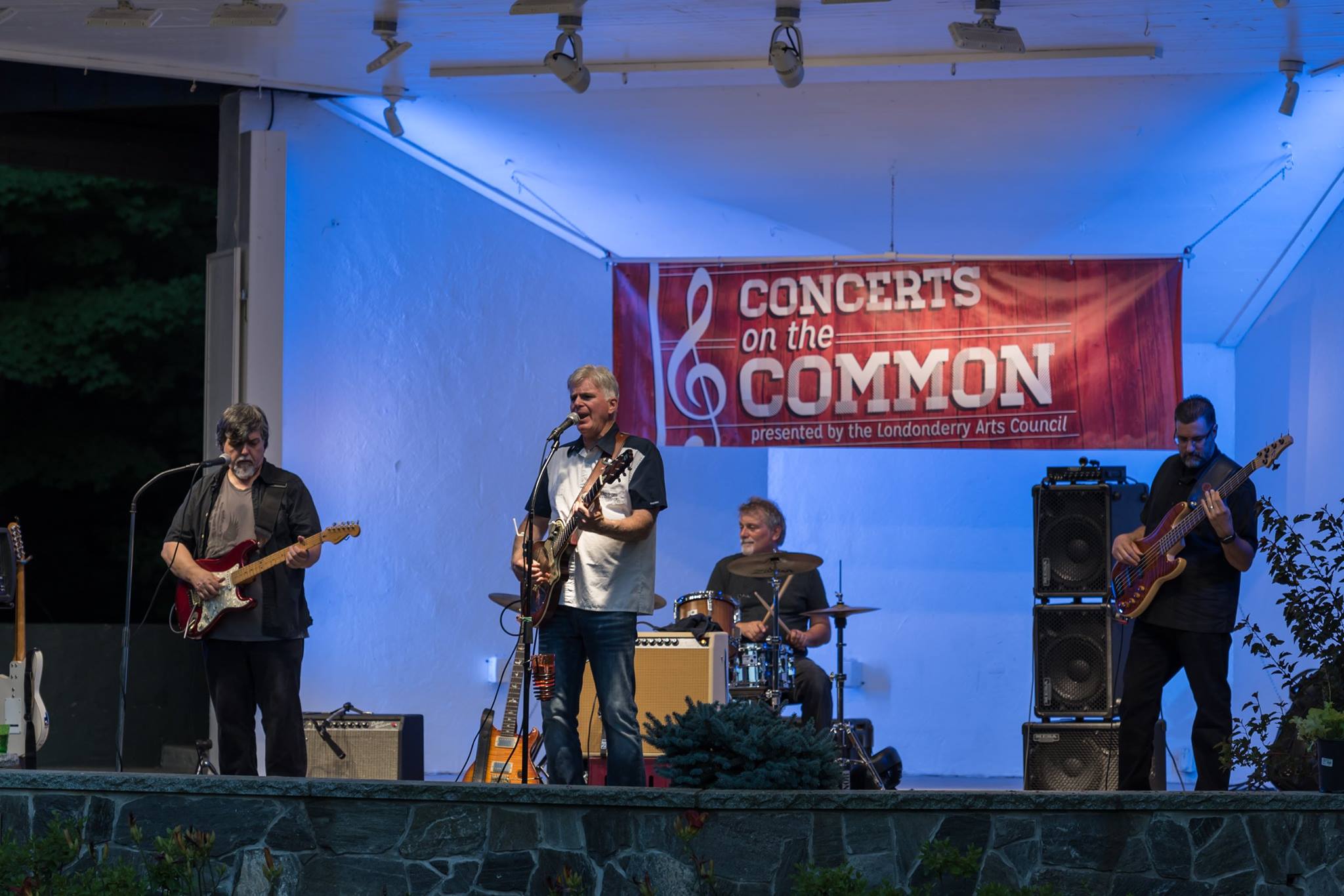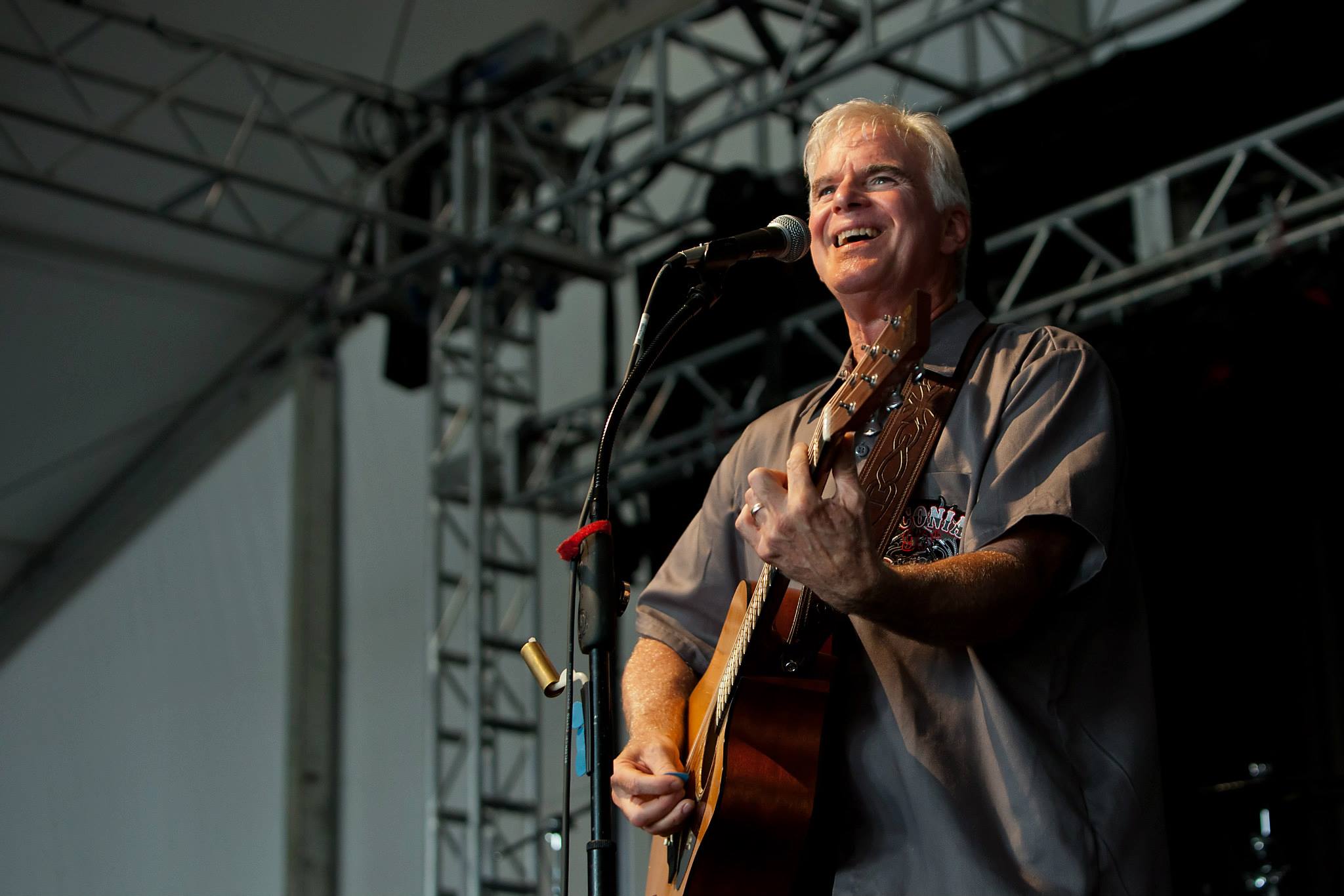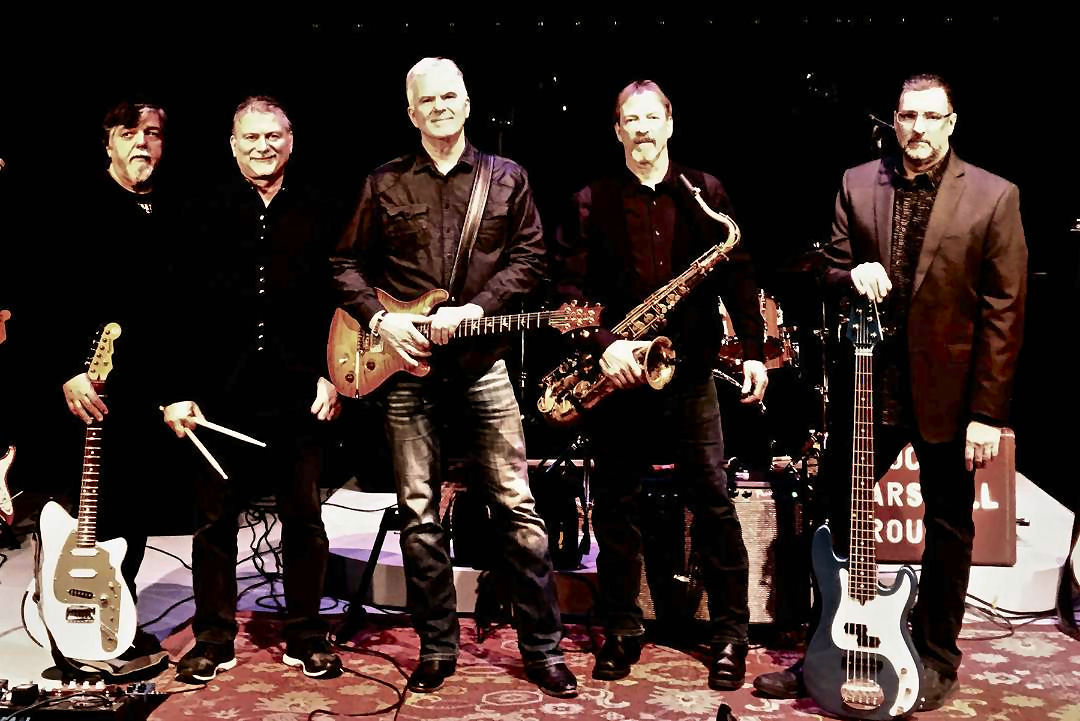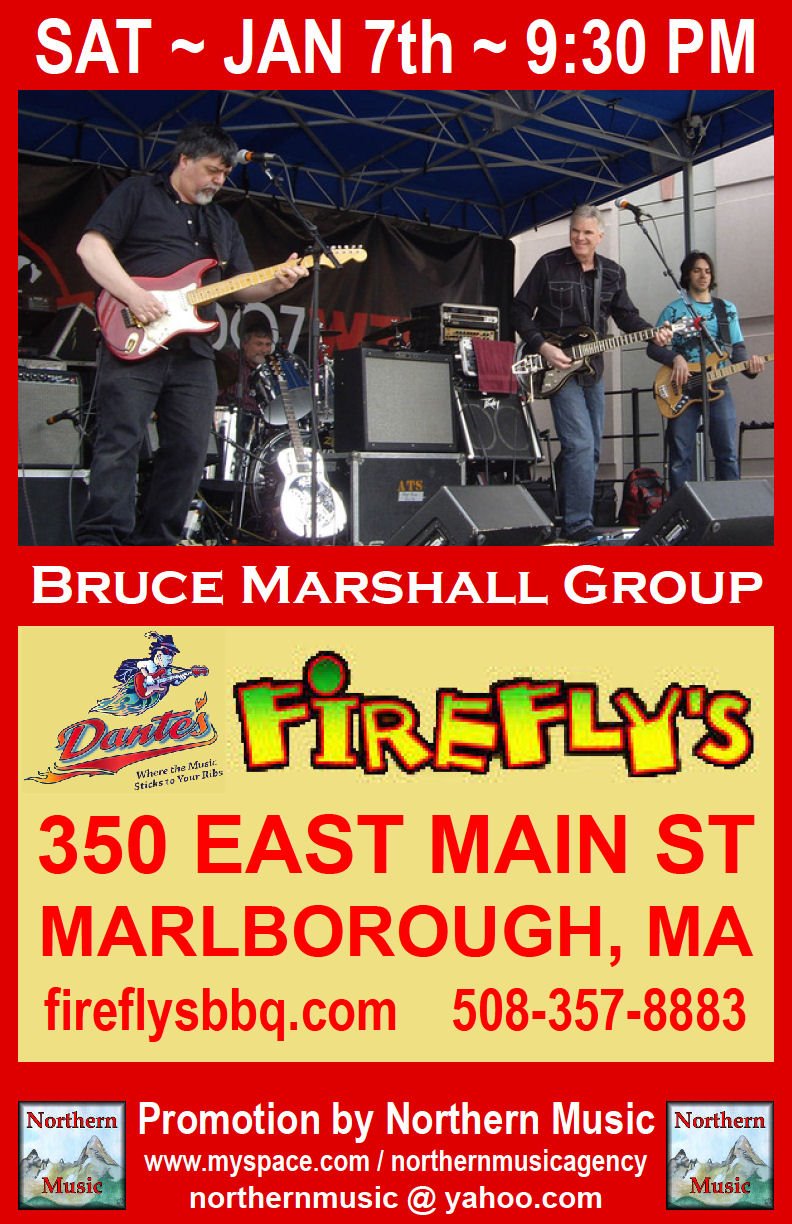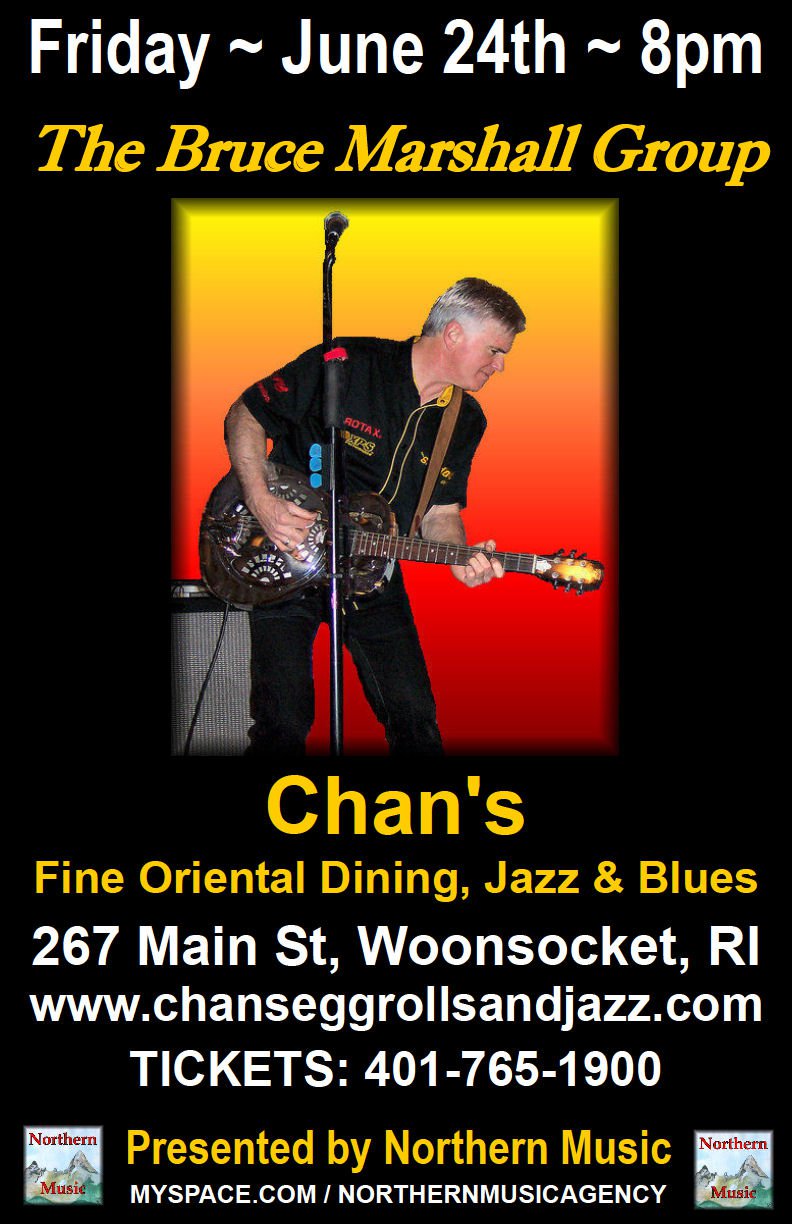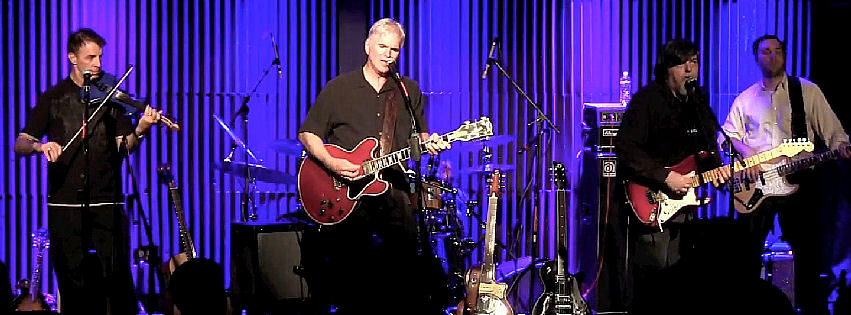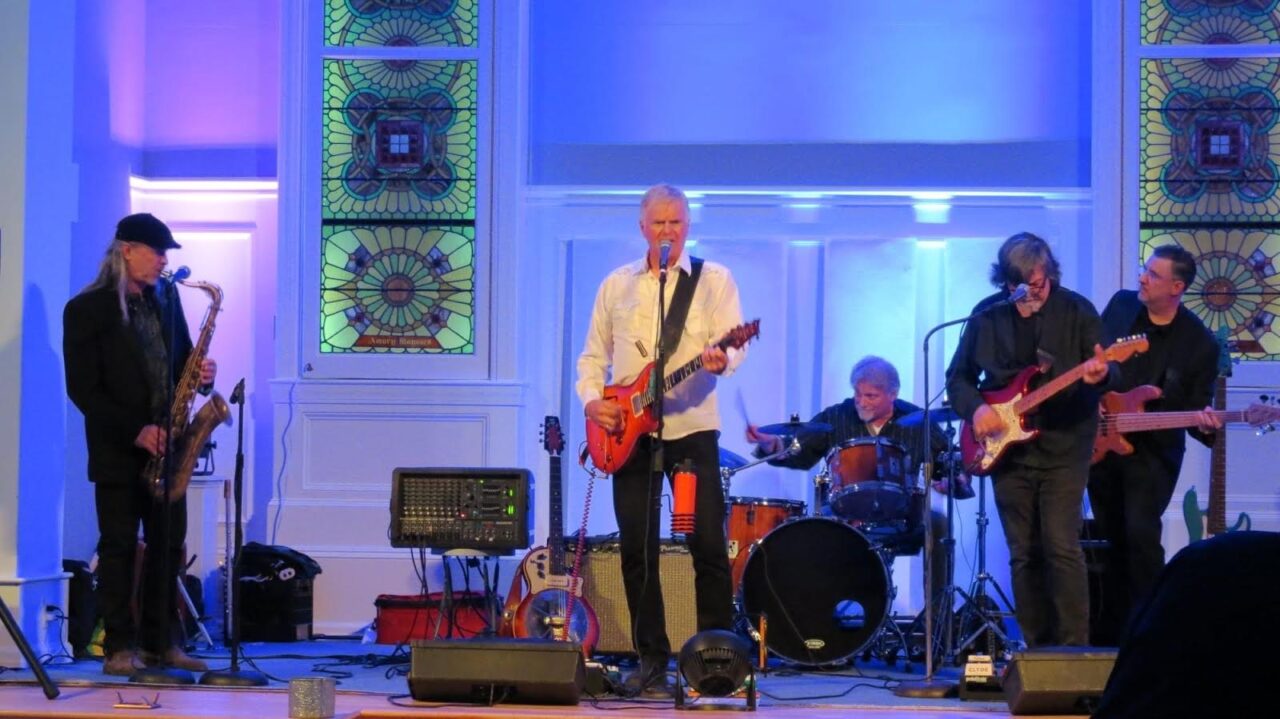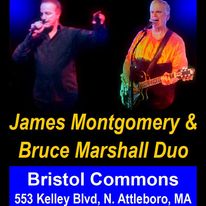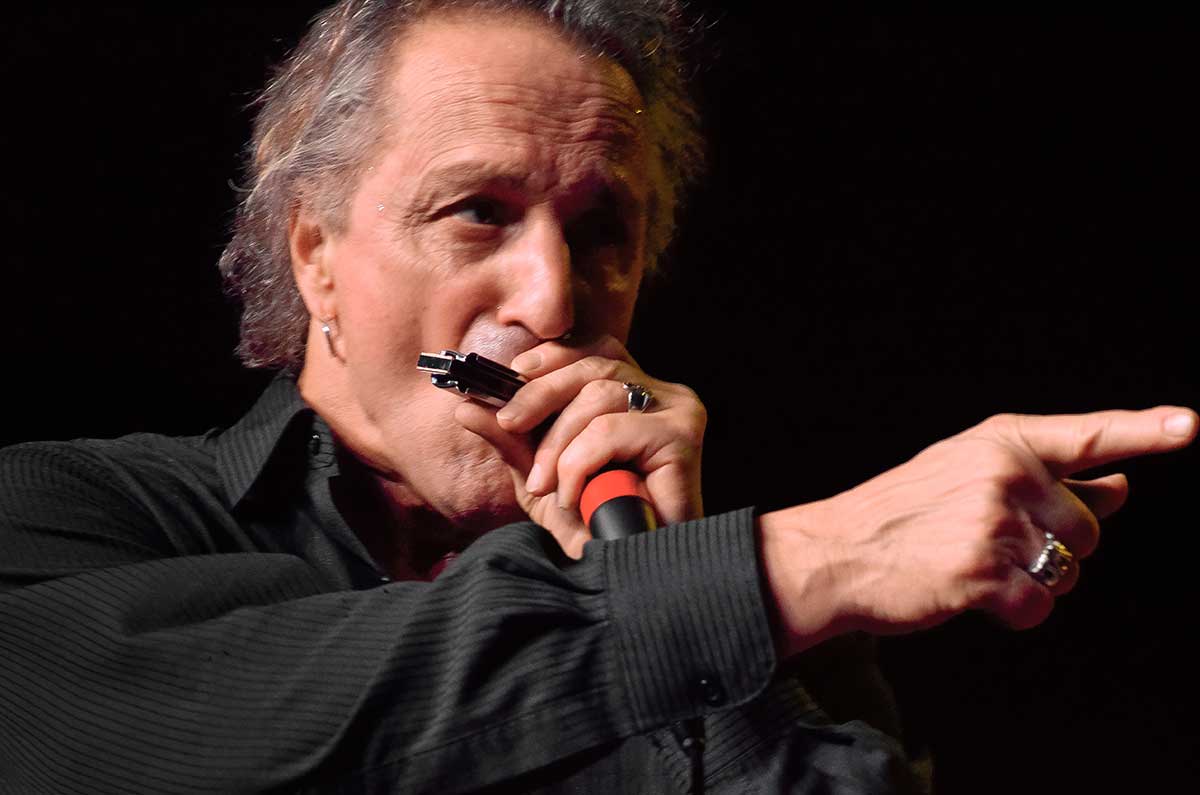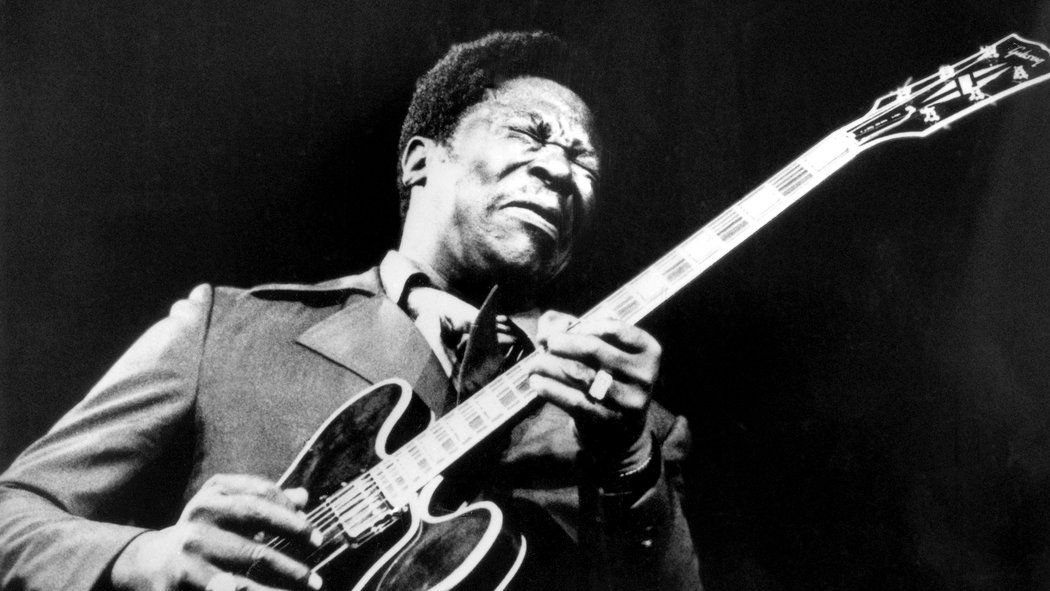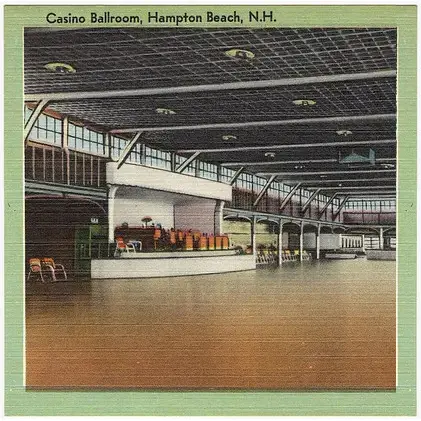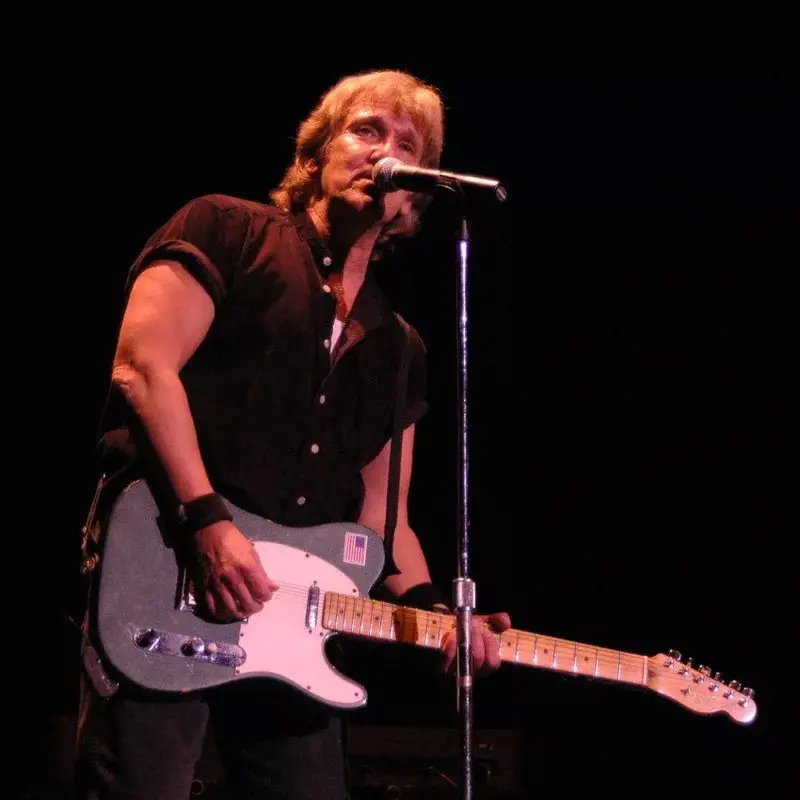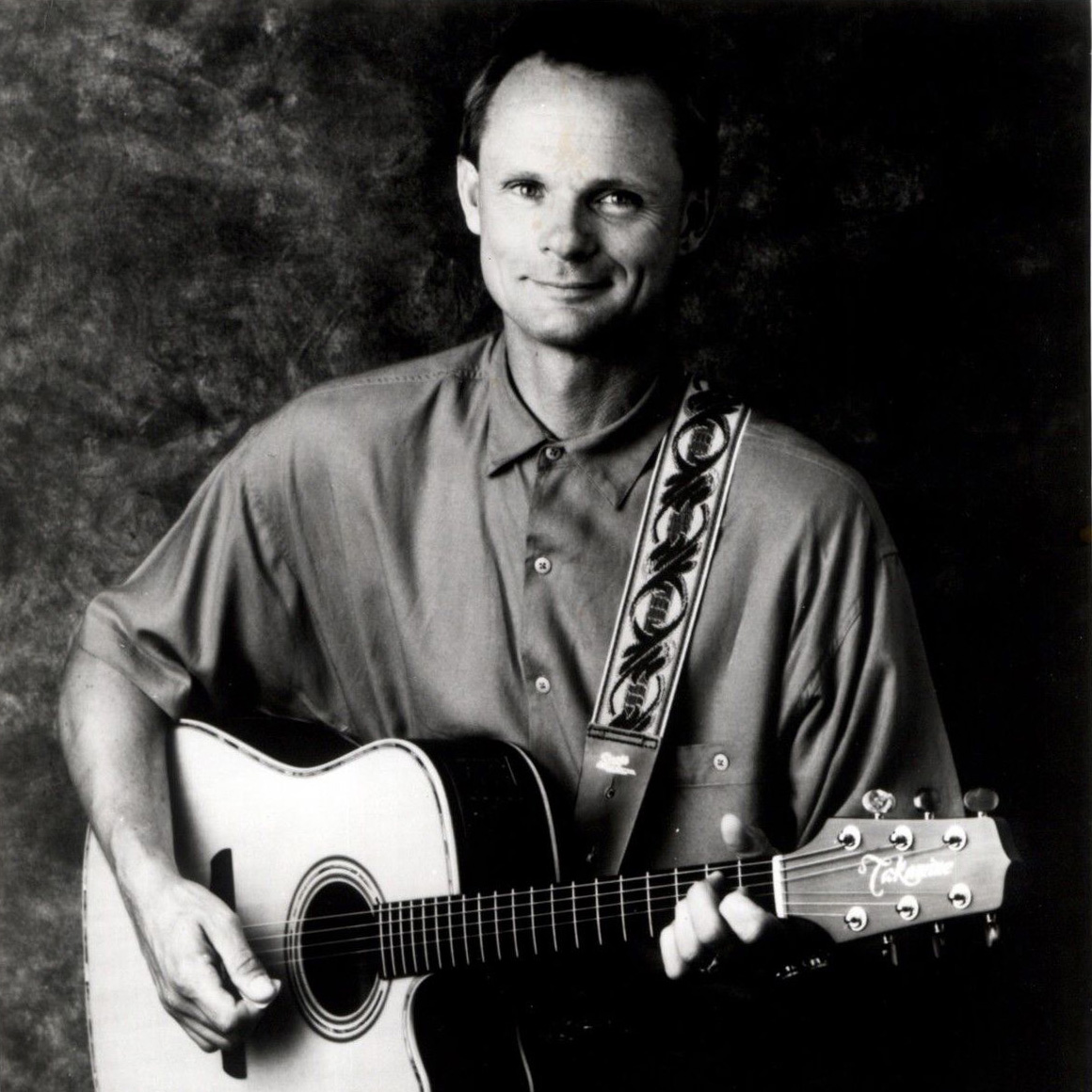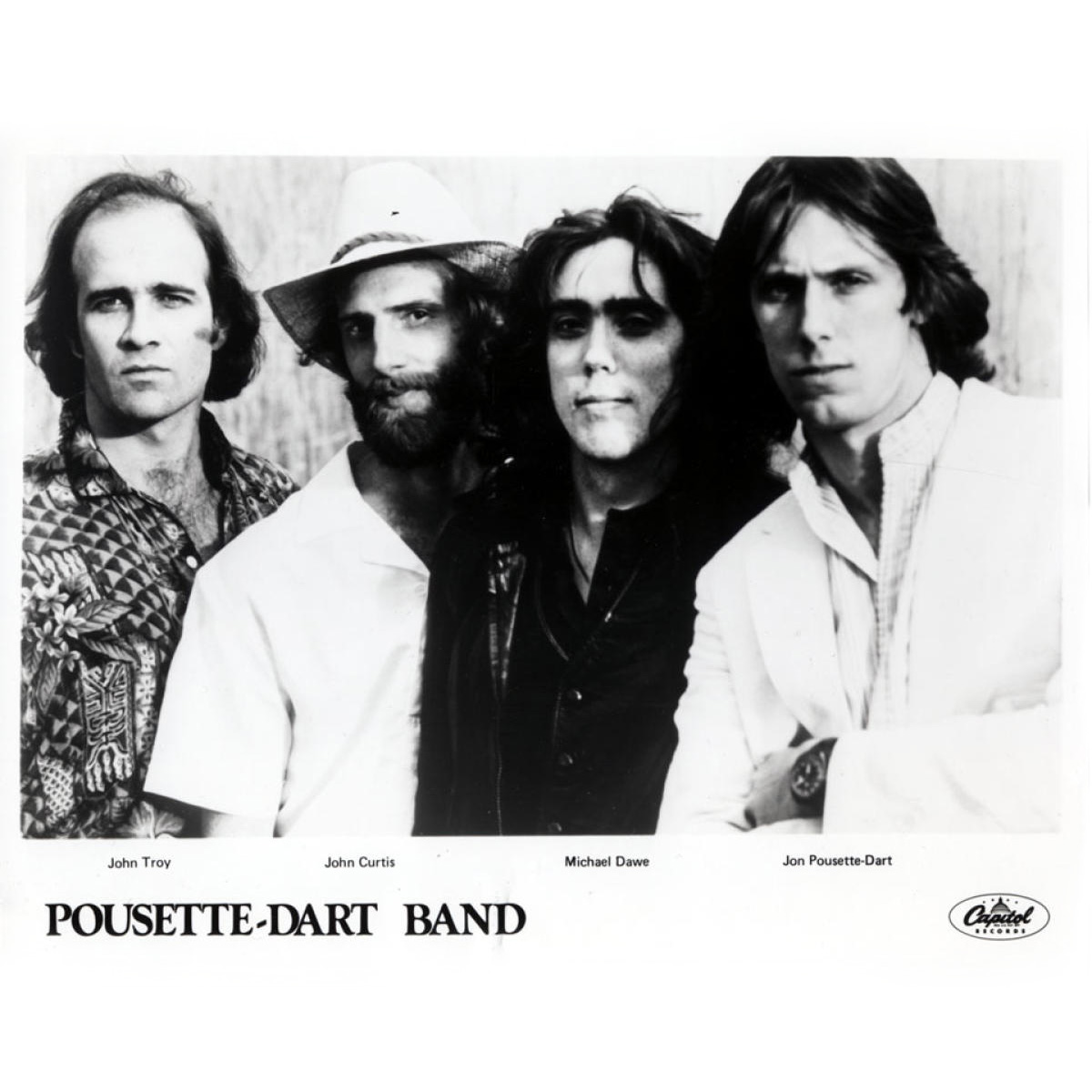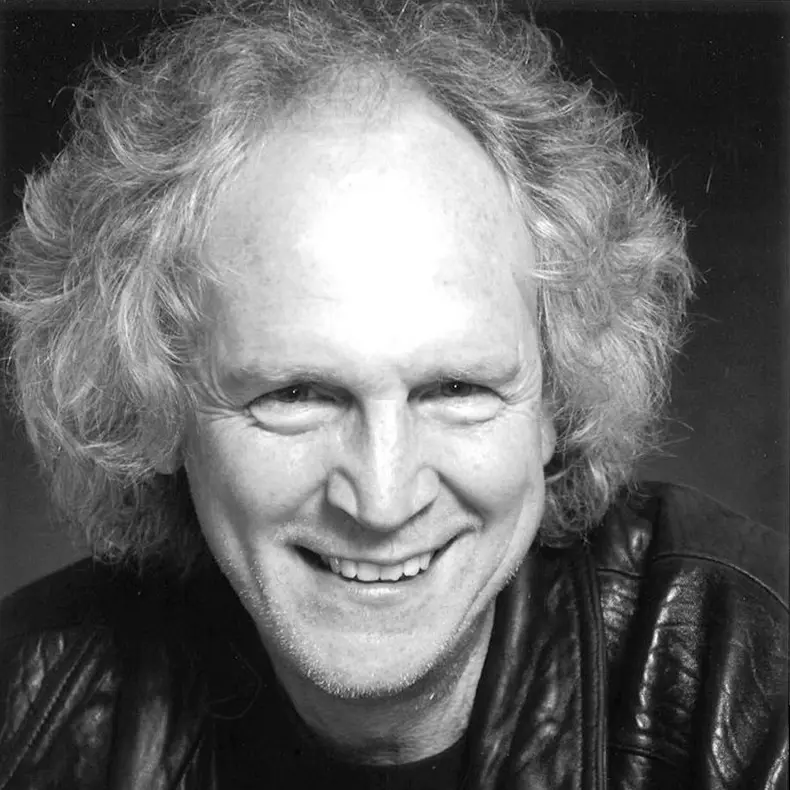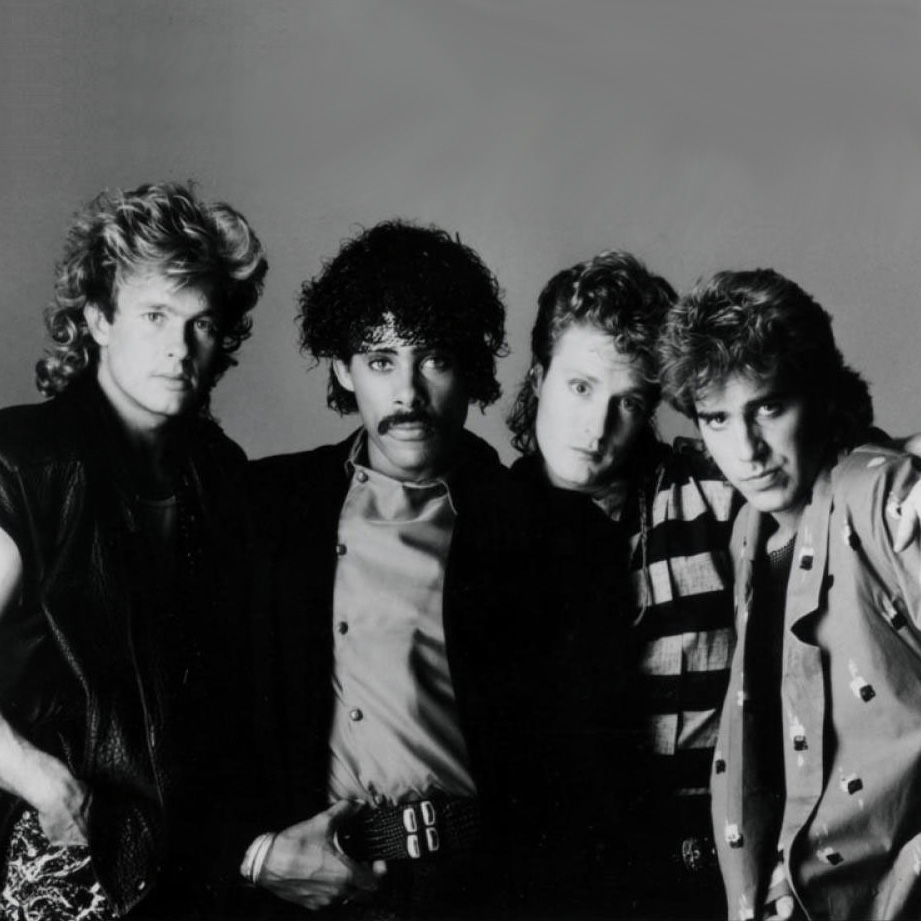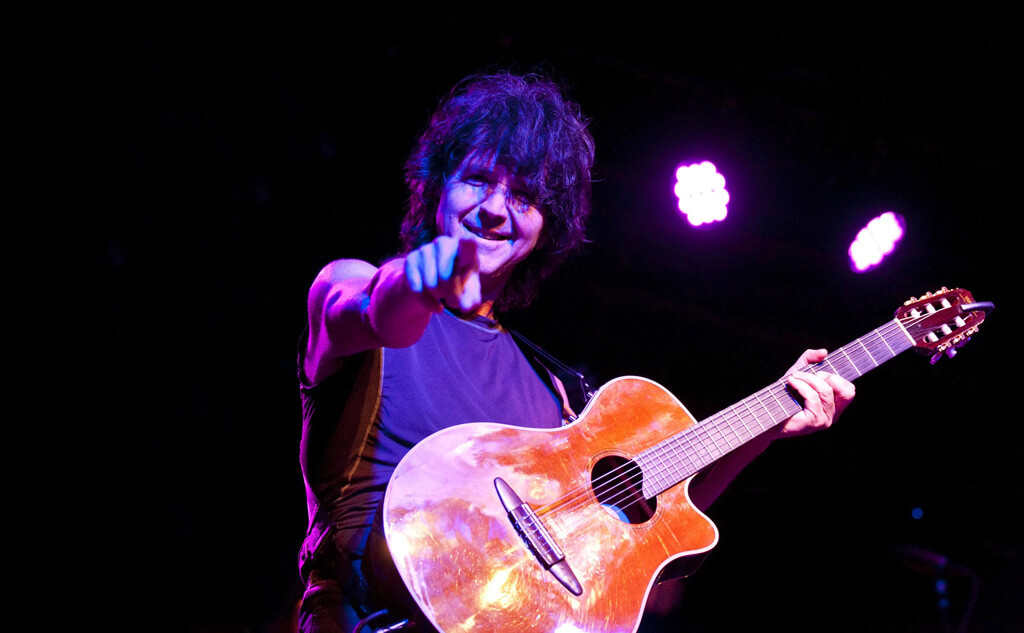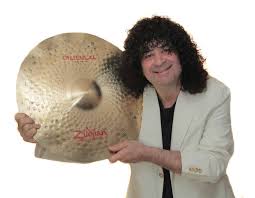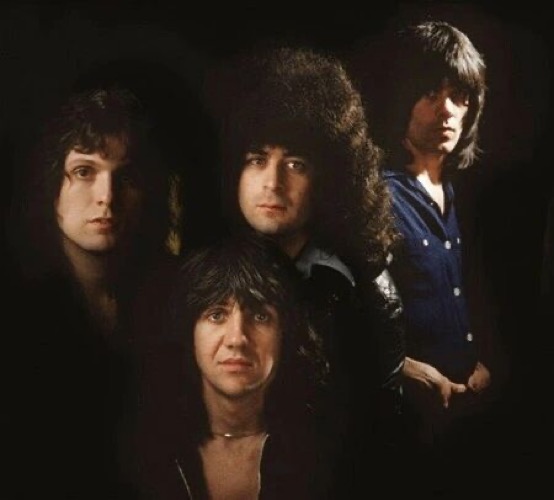Bruce Marshall

New England is awash with supremely talented musicians who haven’t received widespread acclaim on the national scene but have played an outsized role on the regional one; some have shared the stage with so many household names that a complete list might make you dizzy. Massachusetts native Bruce Marshall is one of those cats. In fact, he’s the quintessential example of one of those cats.
For just north of 50 years, the singer-songwriter-multi-instrumentalist has been a constant presence in and around Boston and greater New England, first with groups he formed in his teens and early 20s, then as a solo artist, sideman, half of a duo with James Montgomery and bands he’s fronted since the Bush 41 administration. And few musicians other than Geoff Bartley are better known in the Boston area’s open-mic community, since Marshall’s hosted some 2,000 such events over the past 20-odd years.
Musical beginnings, Early bands
Born on September 27, 1954 in the Boston suburb of Melrose and raised about 20 miles west of the city in Sudbury, Marshall grew up in a musical family, his parents encouraging him and his three siblings to sing harmonies together as youngsters when they weren’t practicing piano. He started playing acoustic guitar at age 12 (a Kay ¾ that his father bought him), electric guitar at age 13 (a 1967 Howard that his mother gave him) and by age 14 had taught himself dozens of songs by the bands he admired the most: The Beatles, The Young Rascals, The Dave Clark 5 and The Buckinghams.
Two years later, Marshall heard The Allman Brothers’ 1971 LP Live at the Fillmore East, which he says had a major influence on his guitar playing. “I was sold on their Southern-rock sound right away,” he says. “When I discovered that album, it was a watershed moment since it opened my eyes to a style unlike any of the pop music I grew up with.” In addition to acoustic and electric guitar, Marshall has toured and recorded playing keyboards, dobro, bass and percussion.
In 1973, after graduating from Lincoln-Sudbury High School the previous year, Marshall formed the cover band Whitecap with four former classmates, singing lead vocals and playing lead guitar. After debuting at Bradford Junior College in Haverhill, they spent the next four years gigging anywhere they could, from tiny clubs and beach parties to ski areas and colleges, doing covers of R&B, blues, jazz standards, ‘60s rock and Southern rock and some of Marshall’s originals. After Whitecap disbanded in 1977, he spent the next several years in a variety of groups he formed or co-formed, including the short-lived cover band Powerplay, funk-R&B cover outfit Pizazz, the sextet Fever (which played some of Marshall’s originals) and rock and new-wave cover group The 88’s.
Going acoustic, The Clue, The Toy Caldwell Band
In 1981, Marshall “went acoustic,” forming the duo Bruce and Marshall with guitarist-vocalist Jimmy Bruce, and his agent, Bob Duteau, suggested that he do some solo shows at colleges, which Marshall had never considered before. “I was always a ‘band guy,’” he says. “But after I tried it, I couldn’t believe how easy it was and I didn’t have to split the money with anyone!” He played his first solo gig at Bryant College and the experience was as much of a watershed moment as discovering Live at the Filmore a decade earlier, he says, since it showed him that he could start a new phase of his career without having to rely on other musicians.
Marshall spent a few years doing solo and duo gigs before forming the sextet The Clue, which played mostly Marshall’s originals and appeared at Boston clubs including The Channel and Bunratty’s before cutting the EP Prove It in 1987 on ATM Records; the Marshall-penned songs “Jeannie Jumped” and “Don’t Let Go” saw regular airplay on Boston’s WZLX. The Clue’s material appeared on the VAR Records compilations Boston Rock and Roll Anthology: Volume 2 (1983) and Boston Rock and Roll Anthology: Volume 5 (1985), their take on the Fab Four’s “I Call Your Name” was included on Boston Does the Beatles (Fast Track, 1988) and the band opened for top acts including James Brown, Gregg Allman, Todd Rundgren, Kenny Loggins, Orleans and Hot Tuna. Looking back on his seven years fronting the group, Marshall says it helped him build a certain name recognition that was invaluable in later years.
In 1989, Marshall landed an enviable gig with The Toy Caldwell Band, fronted by Toy Caldwell, the co-founder, lead guitarist and primary songwriter of The Marshall Tucker Band. Marshall was the group’s lead singer, keyboardist and guitarist from 1989 through 1990, touring nationwide and opening for Lynyrd Skynyrd, The Outlaws, The Charlie Daniels Band and Rick Danko, to name a few. During his time with the group, they recorded his song “Welcome to the Human Race,” which Marshall cites as a career highlight.
Hilariously, countless fans assumed that Marshall was the “Marshall” in the Marshall Tucker Band, which seems perfectly logical on its face. There was never anyone named “Marshall” (or “Tucker”) in The Marshall Tucker Band, however – it’s actually the name of a blind piano tuner from Spartanburg, South Carolina, where the group formed in 1972 – so many were stunned when they learned that Marshall was never part of the band. “I wish I had a dime for every time that mistake came up,” Marshall says. “I’d be seriously rich.”
Montgomery and Marshall, Live albums
In 1991, New England-based living blues legend James Montgomery invited Marshall to audition on electric guitar for a new band he was forming. Though he didn’t get the gig, it turned into something arguably even better: Working as half of the acoustic duo Montgomery and Marshall, which Marshall continues to do to this day. And the 30-plus-year collaboration was made possible largely because of the reputation he’d established as a solo acoustic performer.
Here’s what happened: When Montgomery decided to hire a different electric guitarist, Marshall said he understood and asked the blues-harp master if he’d consider doing some opening spots together, since booking agent Live Nation had already landed him multiple shows that demanded an acoustic opener. Montgomery, who’d done virtually no acoustic work in recent years, loved the idea from the get-go Marshall says.
After several years gigging together between other projects, the pair recorded the double album Live, released by ATM in 1995. Later that year, they opened for B.B. King at the Capitol Center in Concord, New Hampshire (for King’s 70th birthday celebration) and recorded Live at the Capitol Center, which ATM issued in 2000. In 2004, while opening for King again (at the Hampton Beach Casino Ballroom), Marshall and Montgomery recorded their third live disc, Fit for the King, also on ATM. Montgomery and Marshall have opened for a who’s who of rock royalty including John Hiatt, Southside Johnny, George Thorogood, Rick Derringer, Peter Frampton, J. Geils, Edgar Winter and Steven Tyler and Brad Whitford of Aerosmith.
The Bruce Marshall Group, Verdict Music signing
In early 1990, the year before he began working with Montgomery, Marshall formed the eight-piece blues/R&B/roots band that he continues to front today, The Bruce Marshall Group (TBMG). The band has cut eight albums, headlined all around New England and opened for Bo Diddley, Blood Sweat and Tears, Joe Cocker, Bryan Adams, Boz Scaggs and Jethro Tull, among others. On July 4, 1990, they appeared with The Beach Boys and John Cafferty & The Beaver Brown Band at Otis Air National Guard Base on Cape Cod in front of 70,000 people.
ATM released TBMG’s debut disc, Love of the Ride, in 1992; it includes the song “If Dreams Were Money,” for which Marshall won an ASCAP Songwriter Award. The label issued the band’s Kalispell LP in 2003 (the title track from which was used in the film Dan Eagan’s Wide World of Winter), Marshall’s solo acoustic disc Restless Soul in 2008, TBMG’s album Misspent Youth in 2010 (with Montogomery on harmonica and vocals on “Three Chords and the Truth”) and their latest studio outing, Borrowed Time, 2018. In 2023, Marshall signed a publishing deal with Verdict Music, which released his LP Vintage to Verdict that year; it included two previously unreleased tunes that he says he recorded to celebrate his 50th year as a working musician. His latest single is “Only Love,” which Verdict issued in April 2024.
Open-Mic nights, Career reflections
Marshall has had several side projects over the years including Bruce Marshall & The Nor’easters and The Shadow Riders, but the most consistent has been hosting open-mic nights. “I love mentoring up-and-coming musicians and watching them learn and grow just as I did early on,” he says. “To see many form their own bands and become professionals is something I’ll always be proud of.”
His first weekly series was held at the Colonial Inn in Concord, Massachusetts from mid-2005 until late 2008, and at one point he was hosting up to 15 events per month, spread across different venues. From early 2006 to early 2020, he handled open mics in Massachusetts at Firefly’s Restaurant in Framingham and Marlborough, Main Street Market & Café in Concord, Smoken’ Joes BBQ & Blues in Brighton and Great Brook Farm (later Slater’s) in Bolton, and in Maine at Beef and Ski (later Flanigan’s) in Bridgton and Olde Mill Tavern in Harrison. He retired from doing weekly open mics in 2022 but has hosted several dozen one-offs since then.
Asked for reflections on his 50-plus year career, he said he’s been fortunate to have such devoted fans, noting that some of his most memorable jam sessions have been with fellow New Englanders Jonathan Edwards, Jon Pousette-Dart, Andy Pratt, Jon Butcher, Charlie Farren and Hirsh Gardner and John Fannon of New England. “I’ve always felt I was the luckiest guy in the world to be able do what I love full time for 50 years,” he said. “I’m thankful to all those who helped me on my journey and most of all eternally grateful to all the fans who have stood by me all these years.”
(by D.S. Monahan)

